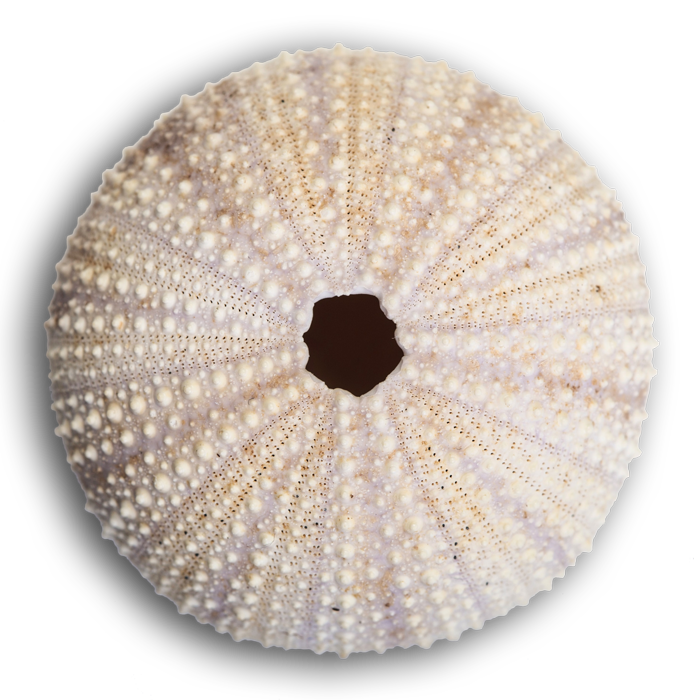Who we are
The collection of food waste from sea urchins; the extraction, from them, of particular molecules and substances; the reprocessing of these substances to create products to use in regenerative medicine and breeding; the testing of feed products; the economic and environmental sustainability analysis of the supply chain… all these steps requires, as you can imagine, a highly multidisciplinary approach, which in our projects is guaranteed by close collaboration between the working groups involved:
– the Department of Environmental Science and Policy (ESP) of the University of Milan is involved primarily with the extraction of collagen and antioxidants, the production and characterization of patches and the production of sea urchin meal; ESP researchers feed laying hens with the meal (including it in the feed) and collect production data, perform egg quality analysis, animal welfare assessment, environmental impact and economic analyses, including supply chain, market and consumer acceptance analysis;
– the Department of Comparative Biomedicine and Nutrition (BCA) of the University of Padua is responsible for in vitro and ex vivo biocompatibility tests for these projects (in collaboration with the Departments of Neuroscience and Maps of Padua);
– the research team of the Department of Earth, Environmental and Life Sciences (DISTAV) of the University of Genoa carries out tests on the administration of the new feeds to sea urchins and fishes.
The different activities are complementary and complementary, thanks to a real and effective collaboration, which goes beyond the simple exchange of expertise and knowledge, and which – on the contrary – also enhances the training and professional development of the many researchers involved in the projects.
